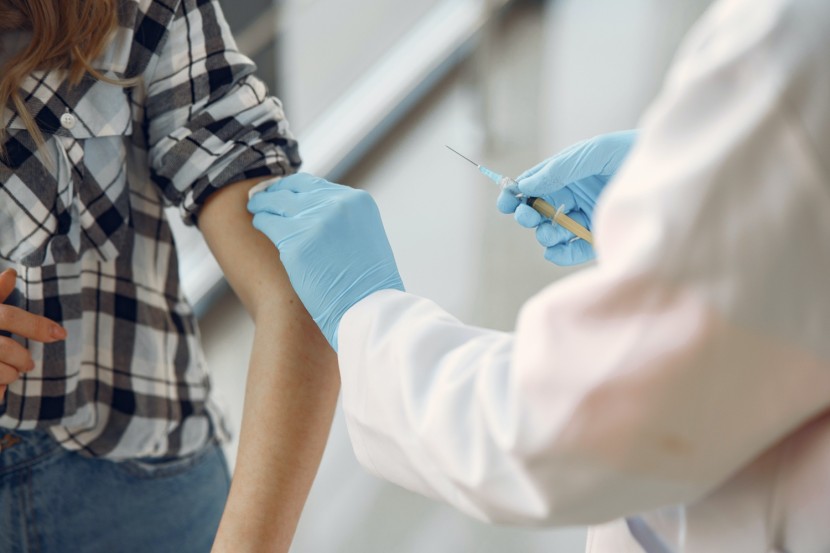
U.S. vaccines rollout, officials aim to pick up the pace after a slower-than-expected initial rollout. Encourages states to begin vaccinating lower-priority groups against Covid-19, said F.D.A.
Vaccines Available to More Groups of People as US Officials Under Pressure
Dr. Stephen Hahn, F.D.A. Commissioner, did not urge all Americans to open vaccines, telling reporters that states should give shots to "meaningful" groups such as the elderly, people with pre-existing conditions, police, firefighters, and other important stuff.
States have begun to widen access to the shots faster than expected, amid immense public demand and widespread criticism of the launch's speed, just weeks into the country's coronavirus vaccination campaign.
Some public health officials are worried that doing so could lead to even more confusion in the complicated operation and raise the chance of skipping some of the highest-risk Americans. But as deaths from the virus continue to increase, hospitals are flooded with critically ill patients and millions of vaccine doses delivered last month remain in freezers, the controversy about how quickly to extend eligibility is intensifying.
READ: US Recorded Five Deadliest Days with More than 4,000 COVID-19 Deaths in Less than Two Weeks
To meet the target of having universal immunity by the summer, the American Hospital Association predicts the nation will need to vaccinate 1.8 million people a day, every day, from Jan. 1 to May 31. That's often called "herd immunity" and will require at least 75% of the population to be vaccinated.
A statement from F.D.A. "If they are using all the vaccines that are allocated, ordered, distributed, was shipped and they are getting it into health-care providers' arms, every bit of it, that's great," they then continue "But, if for some reason their distribution is struggling and that they are having vaccines sit in freezers, and then, by all means, you ought to be opening it up to the people 70 and older."
As vaccines progressed unevenly throughout the states, the U.S. rollout fell short of federal estimates. Initial vaccine rollout was widely spread first through hospitals and other institutional health-care settings through early January. The next stage will concentrate primarily on pharmacies and health centers, areas where vaccinations are more traditionally administered, and the pool of people qualified for the shots will be widened.
ALSO READ: Washington DC Airports Tighten Security Following Suggestions to Ban Rioters From Flying
However, changing mid-stream strategies could sow confusion and possibly doubt about the vaccine, she warned, and any change should be connected to a 'strong public campaign to promote that idea.'
An independent group of medical and public health experts advising the Agency on immunization policies drafted the C.D.C. guidelines; it deliberated for months on who should initially be vaccinated when supplies were still minimal. As well as ethical questions, such as how best to ensure fair access between various races and socioeconomic classes, the committee weighed scientific information on who is most at risk of becoming sick or dying from Covid-19.
Before Friday, a Democrat, Gov. Andrew M. Cuomo of New York, had vowed to sanction hospitals that gave shots to individuals who are not health care employees. By comparison, a Republican, Gov. Ron DeSantis of Florida, traveled to retirement communities across his state to stress the importance of rapidly immunizing people 65 and older, who number more than five million there.








